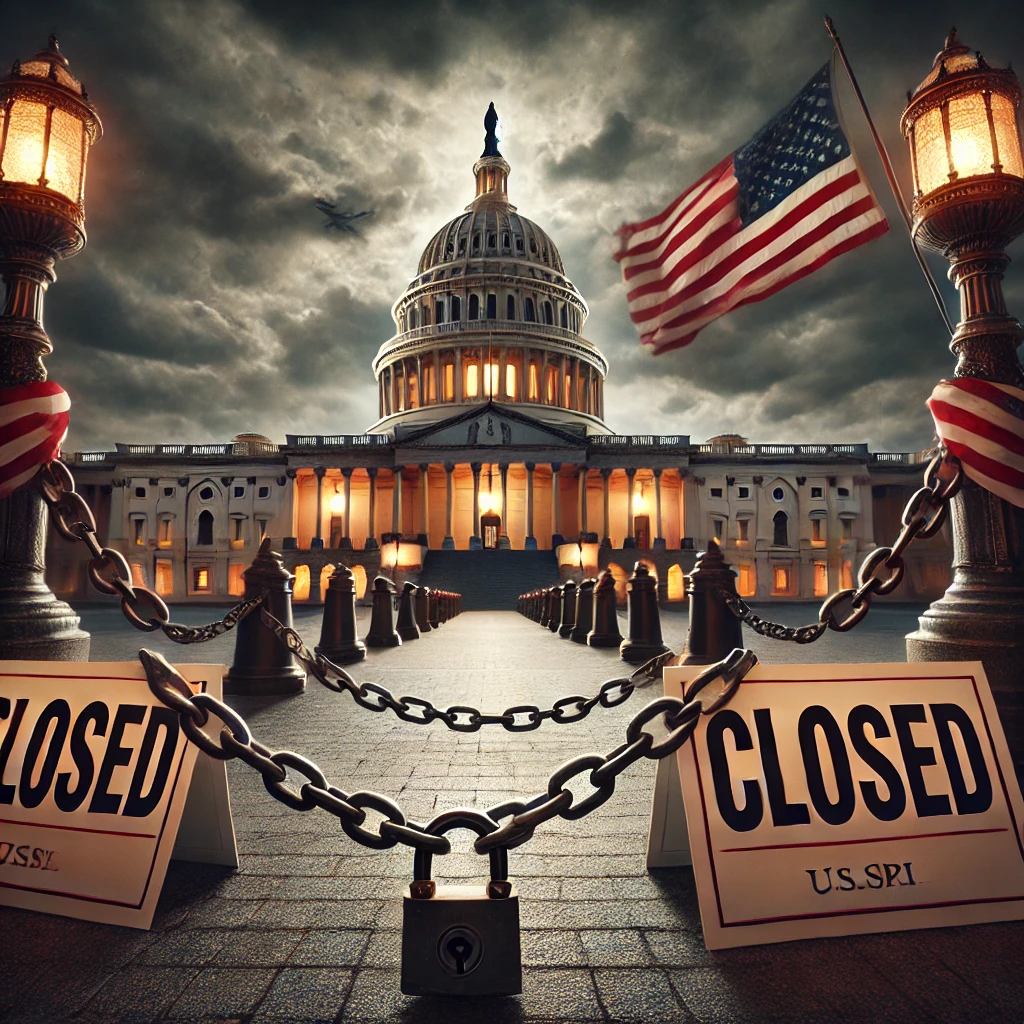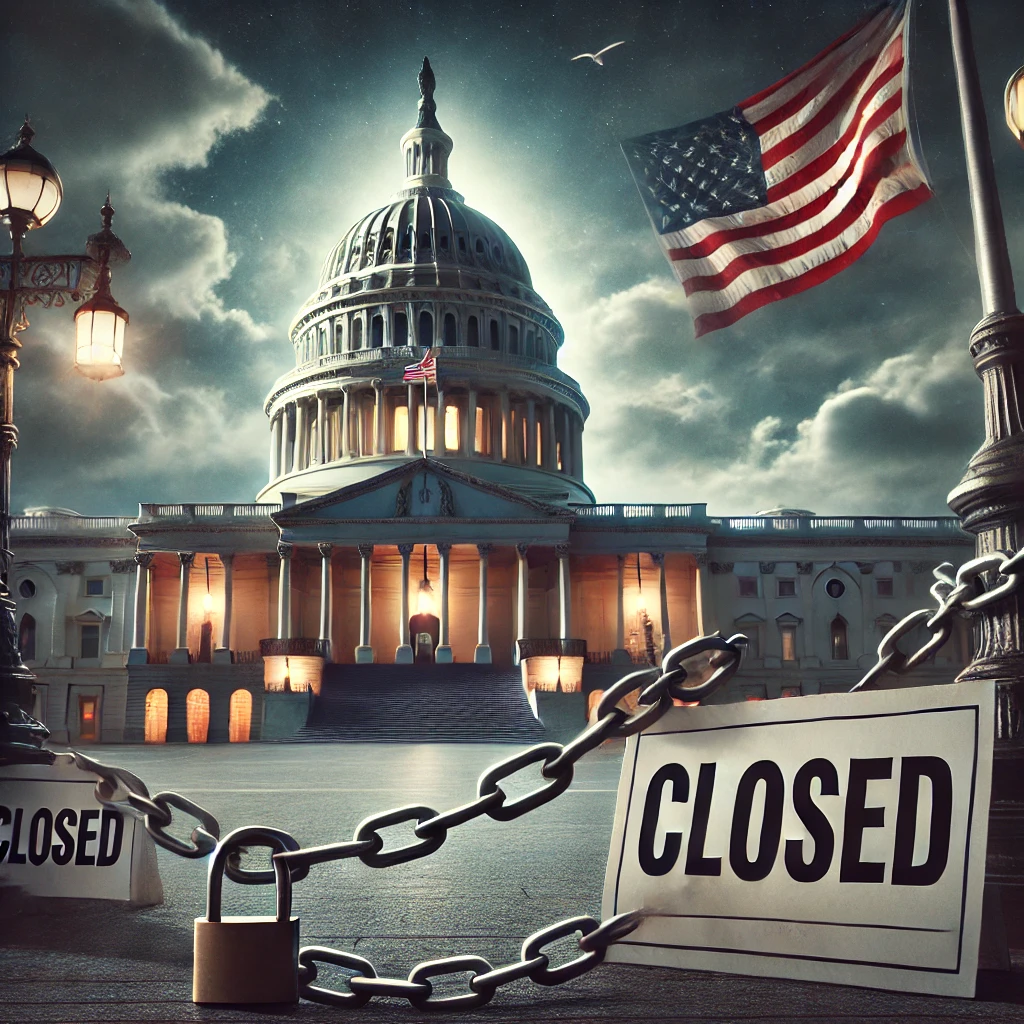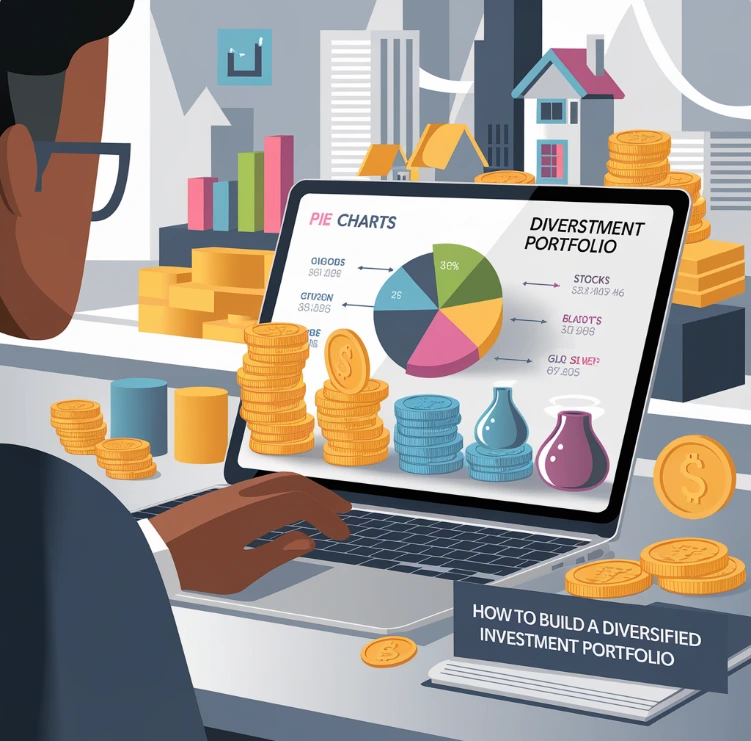With congress working faster than time to avert the shutdown of the government by September 30, it is necessary to get to know how such a shutdown will impact on you. Although majority of the federal benefits will not be affected, nonessential services will come to a stop and will leave many Americans inconvenienced. The following is a list of the things you should anticipate in the event of government shutdown and how that will affect your daily life.
What is a Government Shutdown?
A government shutdown occurs when the Congress is unable to enact a funding bill to sustain federal agencies and programs. Most federal agencies have to close or suspend non-essential services in such a scenario. Although there have been 21 shutdowns since 1976, the vast majority of those have been brief and have taken less than a week. Nevertheless, the 2018-2019 partial government shutdown was 34 days long, which affected the system severely.
There is a possibility that we would be hit again by another shutdown in the near future because the Congress cannot come to an agreement on funding by September 30. However, what will this do to you, the average citizen of America?
Other Federal Benefits and Social Security
There is no need to freak out, you Social Security beneficiaries, as your checks will still come in. Social Security, such as Social Security Disability Insurance (SSDI) will not be influenced by a shutdown and is deemed necessary. Nevertheless, there are chances that SSDI applicants can wait a long time to get decisions because state agencies have a backlog.
There will also be stoppage of certain administrative operations of the Social Security Administration such as benefit verification and replacement Medicare cards, but new applications and other critical requests will still be processed.
Food Stamps and WIC
Programs such as SNAP (Supplemental nutrition assistance program), or food stamps, and WIC (Women, Infants, and Children) should also not be expected to be interrupted at first. The two programs have provision of contingent funds that can sustain operations. Nonetheless, the shutdown may cause WIC to get into trouble once it extends past 30 days. SNAP benefits would most probably be sustained in the short term, however, it might be delayed depending on the duration of the shutdowns.
Medicaid and Medicare: Not a Big Effect, but a few Delays
During a government shutdown, benefit under Medicaid and Medicare will remain normal. Some administrative services, however, might be postponed; some of these services might involve the replacement of Medicare cards, checks on benefits, or overpayments. Despite the fact that there will be no impact on healthcare delivery, some of the routine administrative tasks may require more time to be completed.
Air Travel and TSA Delays
Anyone intending to fly will find travelling more annoying due to a government shut down. The TSA officers are considered as being essential employees and they will still be working without pay. This may translate into additional call-outs and queues in the airport security. In the course of past shutdowns, one could see an evident rise in the number of missed shifts as a result of financial pressure, which could only contribute to longer waiting periods.
Also, the FAA air traffic controllers will be working without payment, yet absentees might lead to delays. Actually, this shortage of controllers was experienced during the 2018-2019 shutdown, when a temporary grounding occurred at the LaGuardia Airport in New York because of the shortage of controllers. There will be greater delays in case the shutdown is prolonged.
Unemployment Benefits
You are safe in case you are getting unemployment benefits. The program will still run, but there may be delays in the application processing because of shortage of federal personnel. Furloughed employees may be eligible to get unemployment benefits in certain states, however, employees may have to give this money back once they are paid their regular wages again after the shutdown is finished.
The U.S. Postal Service: No Effect
The U.S. Postal Service (USPS) is an agency that is independent of the federal government and is financed through the sale of stamps and service provision. In any case, your mail delivery will be in no way interrupted even during a shutdown. Employees of USPS will continue reporting to work and they are going to be paid normally.
Student Loans and Education Aid
No worries on whether you have federal student loans, there will be no changes in your student repayment plan. The federal loan servicing system functions on its own and you will still have to pay. Nevertheless, the loans may take longer to be forgiven or consolidated, which is the work of the Education Department.
In regards to student financial aid, present students on federal grants and loans are not supposed to be interrupted. But in case you intend to use federal assistance next academic year, it might take longer to do so especially in the case of your FAFSA (Free Application for Federal Student Aid).
Teacher and School Effects
A shutdown will not affect your paycheck even when you are a teacher because a teacher in a public school is not a federal employee. The majority of the school districts who have been funded by both state and local resources will not experience instant effects. But with a lengthy shutdown, there would be a delay in some federal funding programs such as Impact Aid. These funds are used to assist school districts on federal land to pay expenses such as text books, technology and even the salaries of teachers.

Amtrak and Road Transport
Even with the alternative it is probable that Amtrak service will remain in operation because the rail service is federally chartered but is run as a for-profit corporation. Although Amtrak does have federal funding, a government shutdown will not have too much effect on daily operations in Amtrak. However, when the shutdown is quite prolonged, some slight delays in service may be experienced because of cash flow problems.
So What Does It All Mean to you?
Overall, there will be minimal disruption to most of the major federal programs affecting the citizens directly like the social security, Medicare, unemployment, and food assistance programs. But federal employees, particularly those in non-essential jobs will be subject to furloughs and services such as air travel, transportation security and parts of administrative functions may be subject to delays or backlog.
You should plan ahead in case any of the above services/benefits are interrupted. It could be the experience of waiting longer at the airport or dealing with delays in government services, being informed and keeping track of what is going on will aid you to survive the uncertainty.
Follow Us : youtube
Also Read : Can the U.S. Citizens who are Unemployed get Loans : 2025


